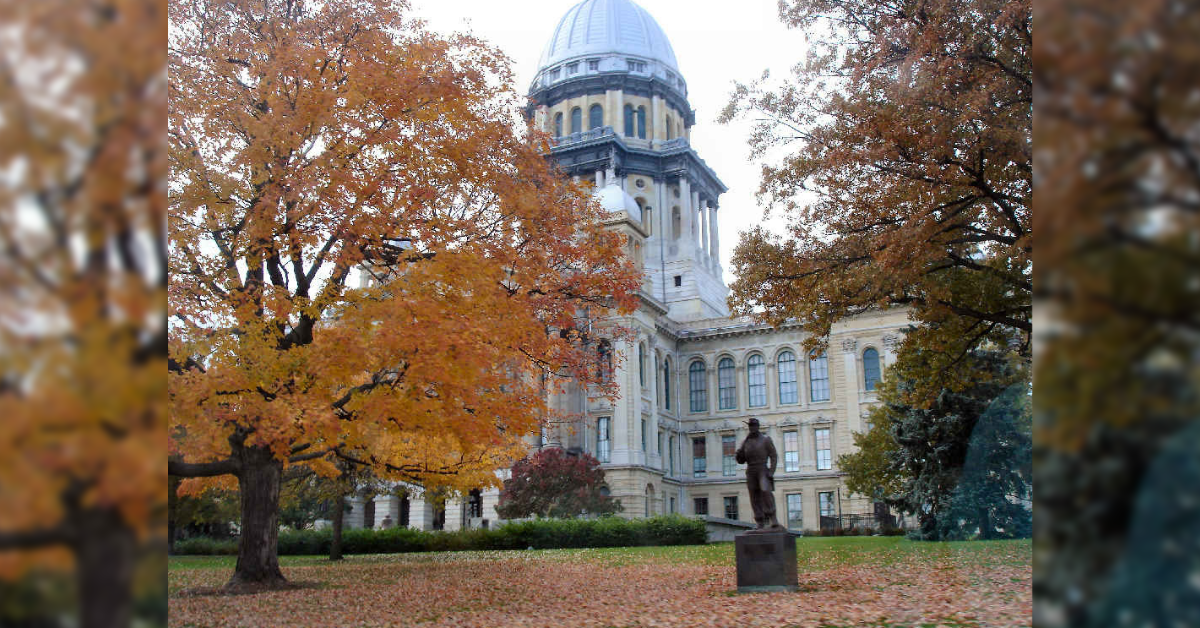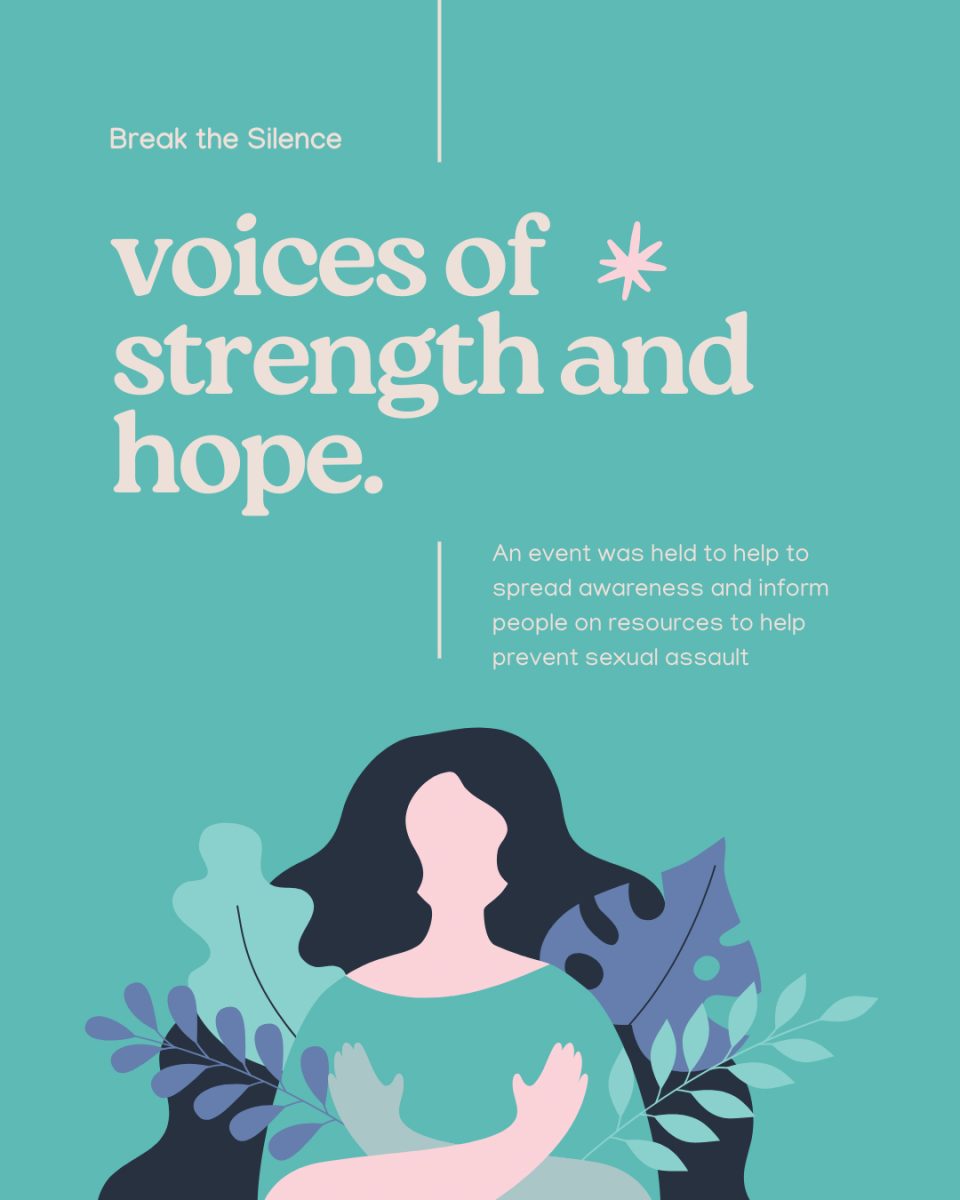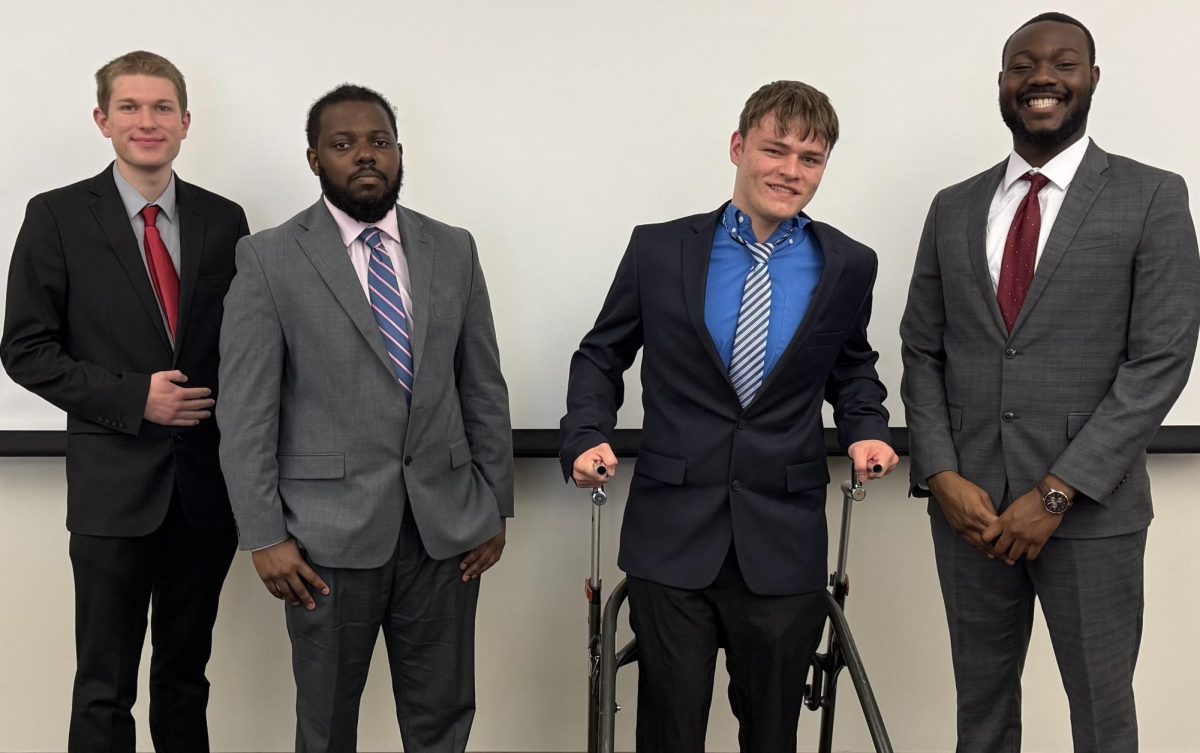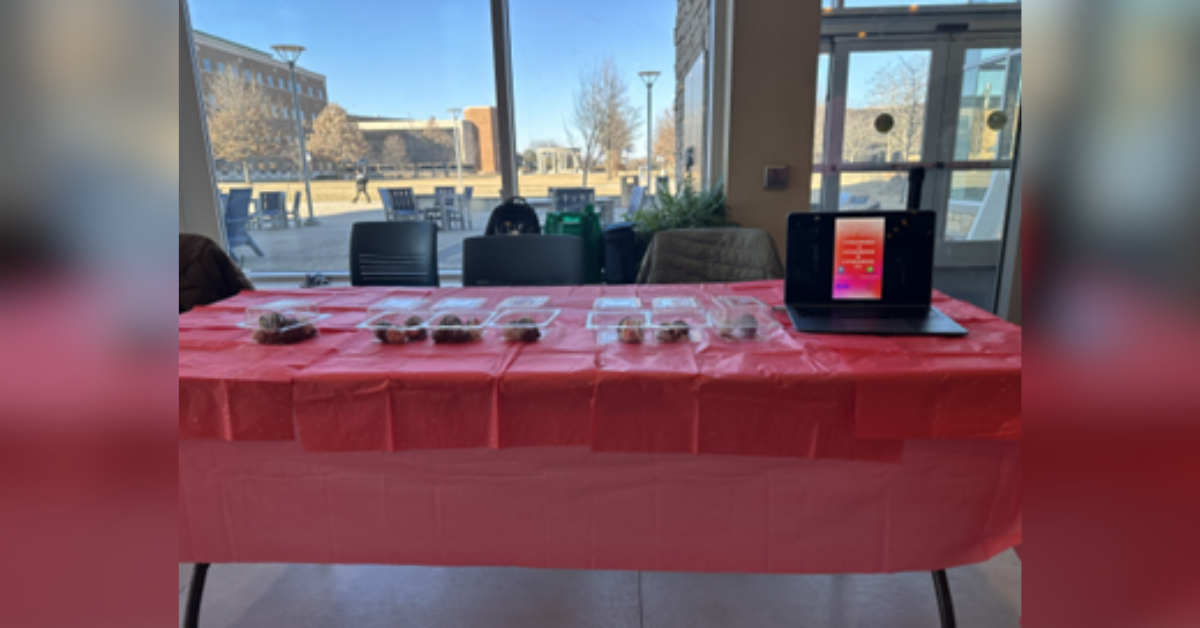As I’m sure you all know, politics is a tricky game to play most of the time, with differing ideals constantly clashing and public support being crucial to any politician’s career. This isn’t about bickering over presidents, “the youth,” or whether we should build a wall while sitting at the table with that spread of Americana-inspired overindulgence at Thanksgiving. Policy and legislation are integral to addressing issues within communities – and getting a problem to be recognized is practically half the battle. While I don’t have much experience in the realm of politics, I do understand the importance of activism and publicity, which is why I wanted to take the opportunity to cover some of the groups and the complaints they aired when I attended the General Assembly on March 22, here in Springfield.
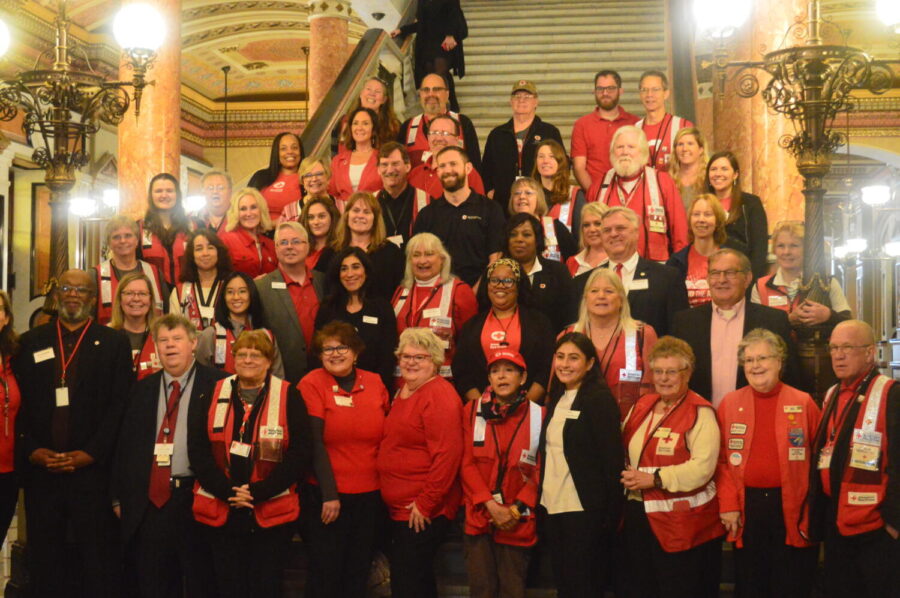
Originally, I went to this event to volunteer with the Red Cross, but since there were so many other things going on–as well as the fact that I turned out to be wholly unneeded–I decided to take a look around and learn more about what was happening in Illinois through the various talks and hearings. I found most of it uninteresting and hard to follow, but I did come across various lobbyists for organizations and nonprofits that each had their own concerns and reasons for wanting to influence legislation and talk to politicians.
One of the first groups I interviewed was the Illinois Nurses Association (INA) which was at the assembly to talk to legislators about supporting the Safe Patients Limit Act, which would help to limit the number of patients a nurse can take on. A short interview with one of the attendees attested that, at the moment, in Illinois, there is no regulation for how many patients a nurse can take, so they get saddled with more than they can handle by employers. This is clearly a safety hazard both for the medical practitioners’ well-being with the stress of such a workload and also for patients. Statistically, according to the INA, each extra patient taken on adds a 7% mortality rate to other patients of the overloaded nurse. This has also led to many more nurses refusing to work bedside.
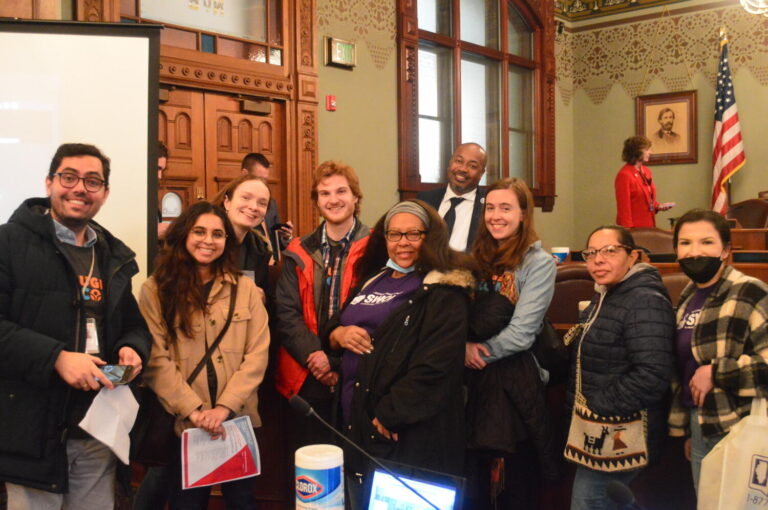
I also encountered the Illinois Coalition for Immigrant and Refugee Rights (ICIRR), which includes multiple partner organizations working together to convince legislators to support bills that would give more aid to refugees and immigrants in the U.S. I managed to speak with two of these organizations in my time there, Refugee One and the Brighton Park Neighborhood Council (BPNC), who were there to talk to legislators about passing bills that would grant people without legal status in the U.S medical care as well as the ability to get drivers licenses. A spokesperson for Refugee One pointed out their achievements in aiding over 20,000 refugees and asylum-seekers from various countries worldwide, recently working to resettle Ukrainian refugees here in Illinois. According to their website, BPNC is based in Chicago and aims at improving the lives of immigrant and minority individuals in various communities.
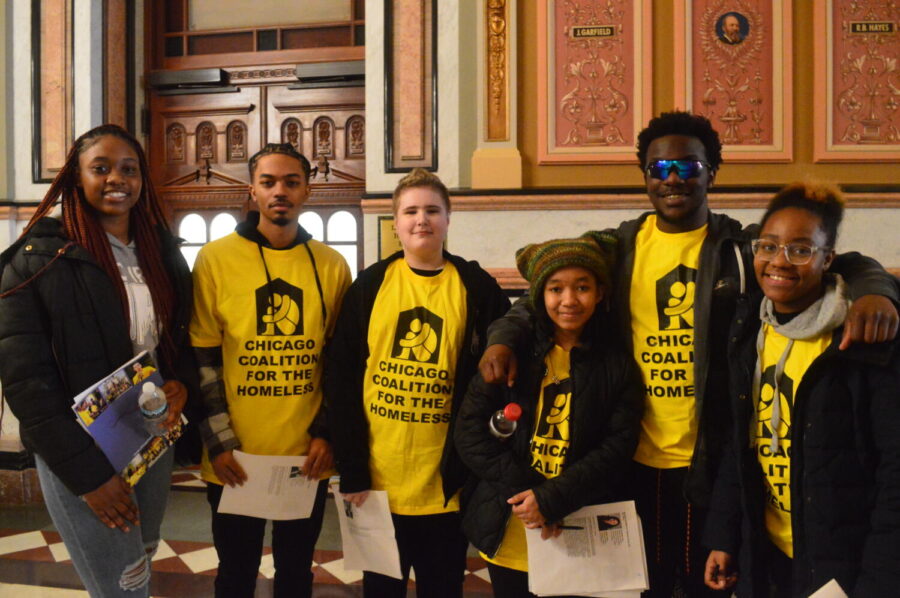
The last group I talked to was the Chicago Coalition for the Homeless (CCH), which advocates on behalf of the homelessness issues in the Chicagoland area with different outreach programs, such as housing programs and shelters, to provide some relief to those struggling without them. They even have scholarships for students who have gone through high school while experiencing homelessness to give them some aid in pursuing higher education. This group was attending the event in order to advocate for bills such as HB2481 of the 103rd Assembly, specifically aimed towards increased funding for the Department of Human Services to improve youth homelessness and supportive housing services.
If you are interested, I would say give attending a hearing a try. Being educated in the goings-on in your state, county, or town is one of the most important parts of a functioning democratic republic.

